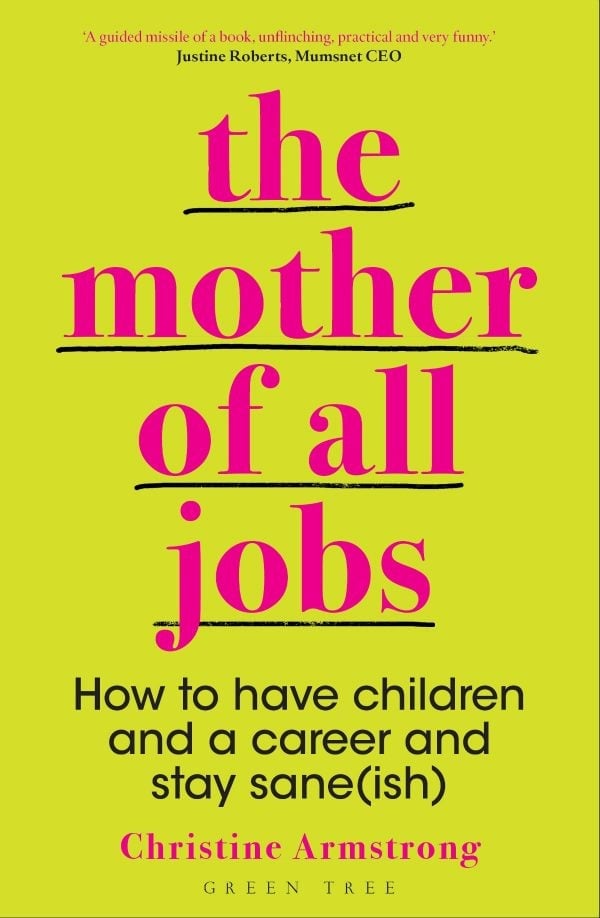
Christine Armstrong thinks it’s time for a different conversation about working and parenting. We’re in a place where mortgages are larger, the work day is longer, but school and childcare remain unchanged.
It’s a disconnect that compounds the stress of both teachers and parents, as each grapples with the expectations of the other.
Determined to find a way forward on this (and dozens of other issues that affect working mums, dads and carers), Christine interviewed people on both sides and brought their wisdom together into a manifesto for happy professional families called The Mother of All Jobs.
The following is an extract called ‘How to engage with teachers’. Take notes, folks.
***
Many career parents struggle to get the right tone when dealing with the teaching and leadership team. Are the teachers to be deferred to because they are teachers? Or are you equals because you are both professional and all adults with the same intention of getting children educated? Or do they work for you, paid for by you (through tax or fees) to deliver your child a good education? If they work for you, then are they up to the job? Every parent seems to be able to furnish you with a story about a teacher with flawed grammar.
Christine Armstrong shares the lie working mothers tell.
When we were children, our parents put teachers in the same group as doctors and bank managers. To be respected, listened to, deferred to. My mother says that, aged 25, she felt good as a newly qualified teacher driving her little Mini and having a little bit of status in society. Sadly, for those groups it has very much changed and teachers are now used to all sorts of unhelpful interaction from parents.


Top Comments
The underlying problem is, do we want true equality or not? Women now work and teachers are noticing the disengage. So where are the Dads? Why is it mothers who get crucified? Dads are still not stepping up enough. Teachers are mostly women, they should be more supportive of working mothers.
At school, teachers are filling too much of the curriculum space with unnecessary stuff and then criticising parents for not getting there. Teachers need to engage more with the realities of the working world that the rest of us inhabit. Like everyone in the workforce, teachers are now doing too much unpaid overtime. So change their finish time to 5pm and pay them as such. Curriculum days should be taken during school holidays i.e taken out of teachers’ abundant annual leave, not working parents’ limited annual leave. Teachers should be paid for school camps. Let’s begin to look at the education system from a 21st century perspective because it hasn’t changed for over 50 years yet families and teachers’ roles look nothing the same.
I don’t think there is a disconnect occurring. Rather the opposite. I think what we are seeing here is how connected the busy lives of working mothers are to the amount of work expected from teachers.